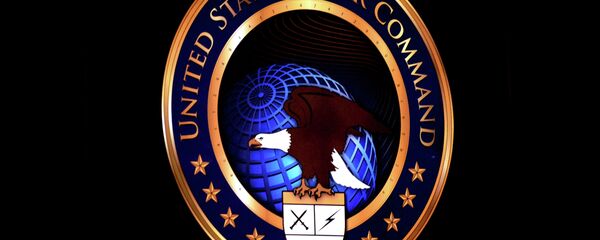WASHINGTON (Sputnik) — Providing US authorities with the right to access any individual’s email account around the world would undermine democracy by equipping the government with the means to crush any political opposition, US National Security Agency (NSA) whistleblower J. Kirk Wiebe told Sputnik.
US Justice Department lawyers argued in federal court on Wednesday that the government had the right to acquire e-mails from any person in the world as part of an attempt to compel Microsoft to hand over data from an e-mail server in Ireland, The Guardian reported.
"When all data is available to those in power, as history instructs us, those out of power will be suppressed, oppressed in some way, and this threatens the very principles that make democracy possible," Wiebe told Sputnik on Thursday. "It constitutes the biggest threat to democracy in modern times."
The Justice Department’s court battle with Microsoft, Wiebe argued, illustrates how the government tries to circumvent the legal process and throw the US Constitution "out the window" when it comes to information technology-related search warrants.
Once sufficient evidence is gathered, Wiebe added, a court can issue a warrant to allow investigators access to more information, "including a person’s identity and personal effects."
"In short, government’s claims that there is no way to preserve our Constitution and time-tested legal processes just because we are using data are at once false and specious, designed to mislead people," Wiebe asserted.
Sadly, the former NSA employee added, this entire premise allows the government to obtain and misuse private information to target people "simply based on differing political views."
In 2013, Microsoft refused to provide e-mails to the Justice Department from a suspected drug trafficker, arguing that US federal officials would need to get an Irish court order because the e-mail server was located in Dublin, The New York Times reported on Monday.
US technology giant Apple rejected Justice Department requests to turn over text messages related to a narcotics and gun trafficking investigation, the newspaper said.



